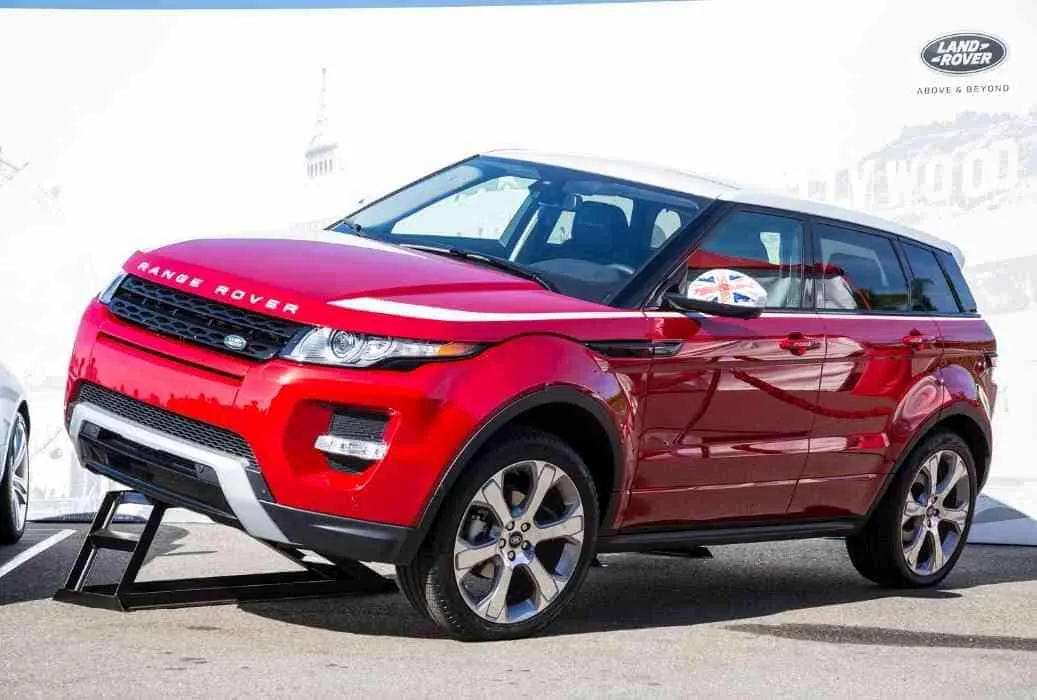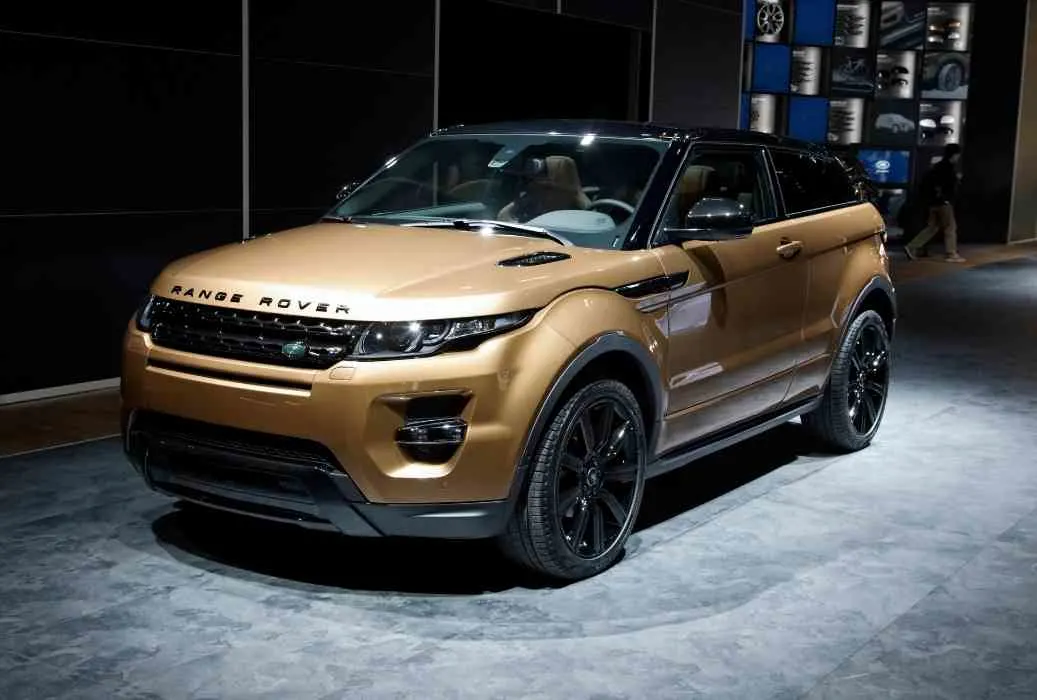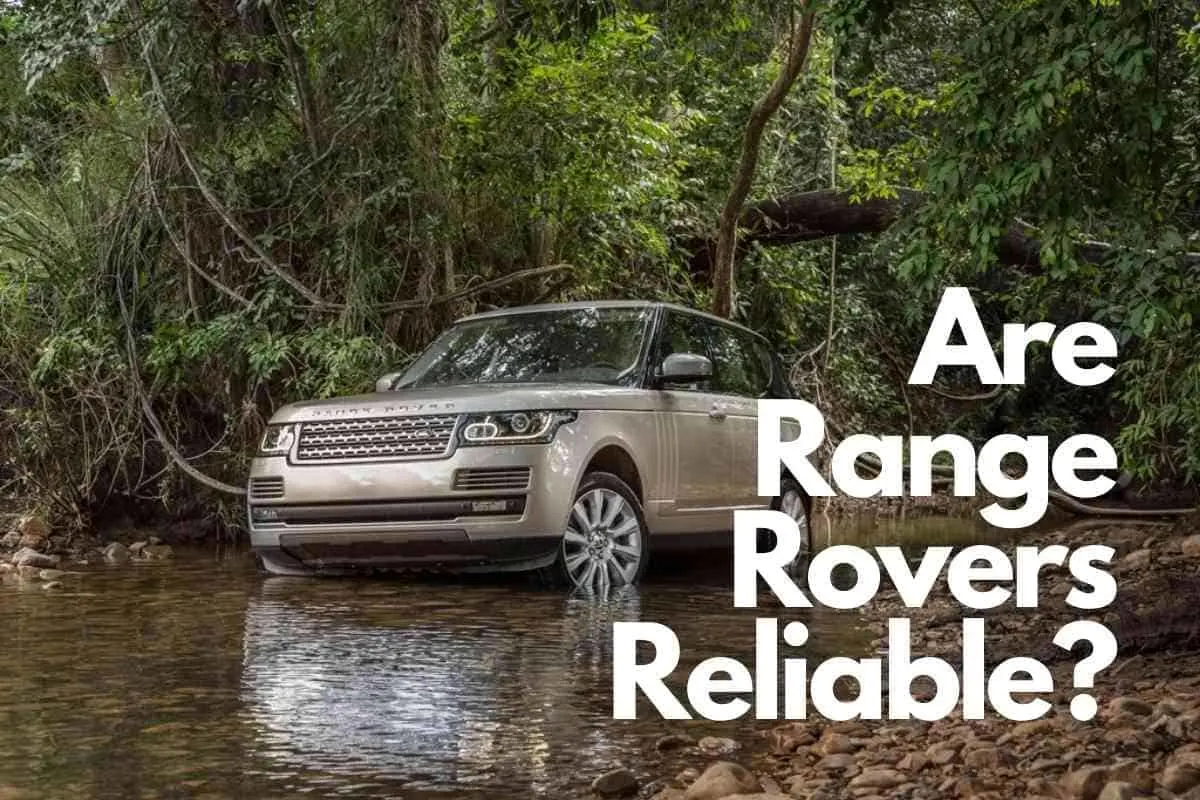The Range Rover is a 4×4 off-road vehicle produced by Land Rover and has enjoyed popularity since 1969.
Its 4 generations of cars are characterized by style, class, impressive performance, and valuable technology. Although the Range Rover is a popular SUV in the market, it has numerous issues that can’t be ignored.
You need to seriously consider the reliability of Range Rovers before committing to purchasing them.
Older Range Rovers from the 70s and 80s earned them an excellent reputation, but the manufacturers have since focused on luxury over reliability. As such, Range Rovers are now not a very reliable SUV. However, they are still one of the most popular, meaning they are a below-average SUV with impressive features, design, and comfort.
The Range Rover has a Kelley Blue Book consumer rating index reliability rating of 3.4 out of 5. It has a 2.0/5.0 from RepairPal and 74/100 from JD Power.
The Range Rover was the most desirable SUV despite being the least reliable.
Reliability issues affect the Range Rover’s durability and reliability.
Keep reading for more info on particular models, years, and features that make some Range Rovers more or less reliable than others.
Do Range Rovers Have a Lot of Problems?
The Range Rover was built with luxury as the primary feature of the vehicle compared to performance.
Although it is very capable of handling its own on a rough road, it has a lot of issues that could generally affect the vehicle’s performance.
While trying to improve the performance, the manufacturers added air suspension and anti-roll features which piled on to the preexisting problems.

1. Noises From the Engine
This common issue happens when the vehicle is moving at very high speeds. The loud noise from the engine occurs when the drive belt idler pulley is uneven.
Engine experts can solve the problem by replacing the drive belt pulley, which isn’t costly.
2. Rough Idling
Although hard to detect the cause of the problem, you will know when your vehicle is experiencing rough idling.
The car will have vigorous vibrations even when it’s not doing any stressful work.
Experts say that the problem might originate anywhere from the transmission, engine, or any other component. In most cases, however, it is caused by the intake of a vacuum leak, which affects the engine leading to poor performance.
This is a significant repair and requires immediate attention to prevent irreparable damage to the engine.
It is also quite costly in terms of parts and labor.
3. Crankshaft Oil Leak
Many complaints have been lodged because of this issue for many years.
When there are oil leaks, the sudden dip in oil levels affects engine lubrication; thus, engine oil leaks shouldn’t be ignored. Poor lubrication over time can make the engine seize up.
If the oil leaks into the transmission, it could damage these components as well.
The cost of fixing the transmission and a seized engine is significantly higher than that of repairing an oil leak.
4. Oil Leakage in the Lower Crankcase
The crankcase is a vital part of the engine block and is still affected by oil leaks in Range Rovers.
Although the oil leaks in the crankcase don’t reach the transmission, they could still damage the engine.
In some cases, this problem can start even before the car’s mileage hits 60,000 miles.
To replace the lower crankcase, the expert will remove the entire engine block. It will take a lot of hours to repair and consequently cost a lot as a result.
5. Engine Misfires
The engine usually misfires if the fuel isn’t burning correctly when the cylinders compress
If the engine isn’t generating any power during these compressions, it will misfire.
Getting to the root of the problem requires experts to look into the air or fuel intake valves.
The repair isn’t costly because it’s a simple process and sourcing for the parts is easy.
6. Electrical Problems
There have been numerous reports about electrical system failures and software problems for many years.
Commonly reported issues include airbag warnings, seatbelt warnings, and faulty door locks.
Electrical problems occur when the wiring is faulty, causing it to short-circuit.
When the electrical system severely short circuits, there can be internal combustion, which can cause fire damage to the vehicle’s internal parts.

Is the Range Rover Evoque Reliable?
The Range Rover Evoque has had ten recalls since its introduction in 2011, so no, not really.
The main causes of the recalls are problems with the fuel system, the electrical system, and the engine.
Since the 2019 model, Range Rover Evoque has earned a low-reliability rating of 2.0/5.0.
More than half of Evoque owners have had problems with the newer models.
About 11% of owners complained about issues with the emission control system and the exhaust.
The older models aren’t doing well either.
More than half of owners with the old models have experienced problems with the following:
- Automatic and semi-automatic transmission
- Central locking
- Exhaust and emission control system
- Parking sensors and steering components
- Engine breaking down while driving
How Reliable Is the Range Rover Sport?
This model was launched in 2005, with its 2nd generation models launching in 2013.
As we have seen, the Range Rover has a myriad of problems that affect its reliability, but with each new release, the manufacturer solves some of the issues.
The most recent releases feature the very best in terms of brake fluids, bulbs, and electronics.
However, compared to some of its rivals, the Range rover sport is still unreliable, with its reliability rating still below average.
Most Reliable Range Rovers Years
The most reliable Range Rovers are the old models from the 1970s and 80s.
These are the best models because they didn’t have the new features such as air suspension that are causing problems today.
You can also go for the year models without recalls, i.e., anything before 2008.
However, it’s important to note that just because a model is considered excellent, it might not be reliable.
It is only reliable because it is well maintained and serviced regularly.
How Reliable is the Range Rover Compared to Similar Car Models?
Range Rover vs. BMW X5
Launched in 1998, the BMW’s X5 is the first SUV from the brand.
It is highly regarded for its attractive interior materials, well-integrated infotainment tech, and compelling powertrain choices.
This vehicle can last anywhere between 10 – 13 years, roughly 150,000 – 200,000 miles, similar to the range rover.
The X5 was given a below-average predictable reliability rating of 2.0/5.0. This puts it in 13th place out of 19 luxury full-size SUVs.
The Range Rover also scored a similar rating according to RepairPal, putting it in the 15th spot out of 19 luxury full-size SUVs.
The base model range rover costs twice the base model X5.
The annual maintenance and repair costs of the Range Rover are $1,258, compared to $1,166 of the X5.
Although the two vehicles scored almost similar reliability ratings, the X5 is more dependable than the Range Rover.
Range Rover vs. Mercedes-Benz GLE
The Mercedes-Benz GLE is very similar to the range rover’s capability, performance, and overall size.
Properly maintained Mercedes-Benz’s GLE can last 13 – 17 years or between 200,000 – 250,000 miles.
Compared to the Range Rover’s 10 – 13 years of service or 50,000 – 200,000 miles, the Mercedes-Benz’s GLE is very reliable.
Cambridge compared both vehicles with their competitors, and Mercedes-Benz’s GLE and the range rover received a 3% and 10% lower reliability rating, respectively.
Both these ratings were below average, but the range rover was clearly less reliable than the GLE.
It will cost $1,200 to repair the GLE compared to the Range rover’s $1,258 annually.
Although their maintenance and repair costs are almost the same, the GLE will last longer and is more dependable than the Range Rover.
Range Rover vs. Porsche Cayenne
The Porsche Cayenne is Porsche’s flagship luxury SUV launched in 2003. It is also the first car in the brand with four doors.
Both the Porsche and the Range Rover offer similar features in terms of technology and luxury.
They share the same 10 – 13 years of service, which is 150,000 – 200,000 miles before repairs become uneconomical.
According to RepairPal, the Cayenne received a 1.5/5.0 reliability rating compared to the range rover’s 2.0/5.0.
The annual average maintenance and repair costs of the Cayenne and the range rover are $1,231 and $1,258, respectively.
The two vehicles share many similarities, but people will buy the Range Rover for classic luxury while others will get the Cayenne for its performance.
